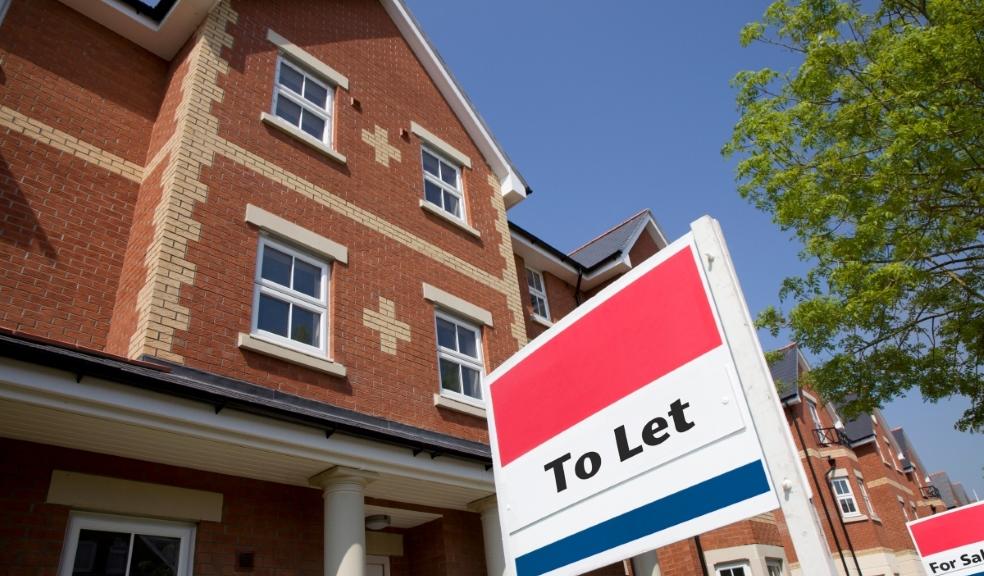
Let-to-let explained (what it is and why it's beneficial)
By Emma Wells, Managing Director Lettings (North), Leaders Romans Group
With the current property and mortgage market a little uncertain just now, it might be worth doing so a bit at a time if you do need to move.
What is let-to-let?
Instead of selling your current home and buying a new one, you could look at letting out your own home and renting one that's more suitable (let-to-let), so you're in the location you need to be when looking at houses for sale, or until things have settled down with mortgages and you're more confident in buying again.
How to rent out your home: 10 tips
- If you have a mortgage, you will first need to get your lender's permission. This may cost you a small fee, or they may raise the rate while you are letting the home.
- You will need to prepare your property for rent. Although we often hear about rental property being 'substandard' in quality to owned homes, renting properly is much safer. You must have gas and electrical safety certificates and smoke and carbon monoxide alarms. In addition, you will need to make sure the property passes the 29 rules of the Housing Health and Safety Rating system. A qualified agent that is a member of ARLA or RICS will be able to check if your property will need any adaptions to be let safely and legally.
- Check what your property will rent for and then take tax advice to understand how much you will net from the property - it may be more or less than you think, especially if the additional income takes you into a higher tax bracket, and that might impact on your decision to let and rent somewhere else.
- Find out from the agent if the property will let quickly or if you may have to wait a few months to move.
- To advertise your property to let you will need an Energy Performance Certificate, typically requiring a minimum rating of 'E'. If it isn't, you won't be able to rent it unless you can secure an exemption. EPCs last for ten years, and your agent can check if it's still valid.
- Work out whether you want to let the property with some furniture in or not and what appliances you will be leaving. These must all meet the Furniture and Furnishings (Fire Safety) Regulations 1988/1989, 1993 and 2010 and electrical safety rules, even if they are second-hand.
- As there are over 150 laws that govern letting a property, it is advisable to work with a lettings specialist, such as Leaders. For example, when you let the property to a tenant, you will have to provide them with prescribed information such as safety certificates and the Government's latest How to Rent guide, protect their deposit and more. If you don't prescribe the correct information, you may be unable to evict future tenants.
- All properties that are let have a minimum of a six-month tenancy agreement, so you will have to commit to not moving back into your home for that time.
- Secure specialist landlord insurance, which will cover your property should anything unexpected happen.
- Remember, if something goes wrong with your property, you will have to pay to fix it and do so within a reasonable timeframe. In addition, the work carried out must align with the legal and safety rules of letting a home. It's very different to being a homeowner and doing things when you want to a standard you are happy with.
When you are letting your own property out and renting from someone else, it's worth trying to match the tenancy agreements, so they come to an end at a similar time. Alternatively, if you can, organise to have longer in the home, you are renting to choose when you want to move next. When you view a property, find out what flexibility the landlord has on letting the home to you. For example, are they in similar circumstances to you and may need to move back in or sell their property in 6-12 months, or is it an investment property they are keen to let to someone for as long as possible?
Think too about the budget you have. Most rents are locked in for the length of the tenancy or up to 12 months - so you can budget quite well, but you need to be clear on how much will be left from letting your own property after all the costs and renting a new one – will you need extra cash each month or have some spare? It is also worth considering taking out Rent Guarantee, so if your tenants are unable to pay, we will cover the costs, so you're not out of pocket.
Next, ensure the property you rent is being let legally and safely, ideally by renting through a qualified agent and a member of either ARLA or RICS, so you will be looked after properly. If they are an individual landlord, ask them if they belong to a landlord association such as the NRLA or a local authority if they operate one.
If you have pets, it might be difficult to secure a let, so it's worth speaking to your vet in advance to see if they will give you and your pet a 'reference' to show you are responsible owners and you are likely to look after the pets and the home well.
Renting your own property and letting someone else's to help achieve your moving needs just now could be a great way to get through the current uncertainty. Hopefully, within the next 6-12 months, things will have calmed down for both the mortgage and property market.










